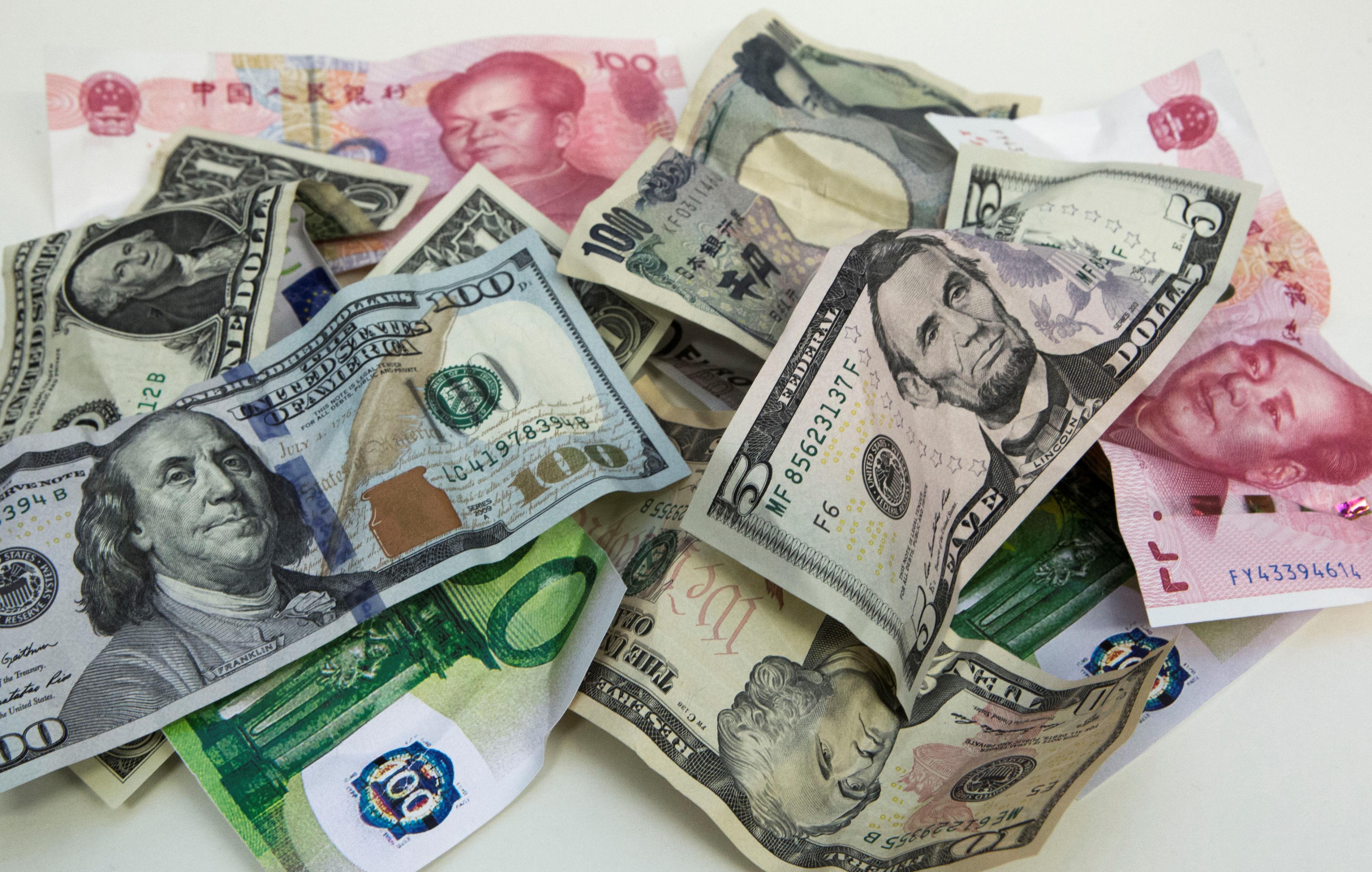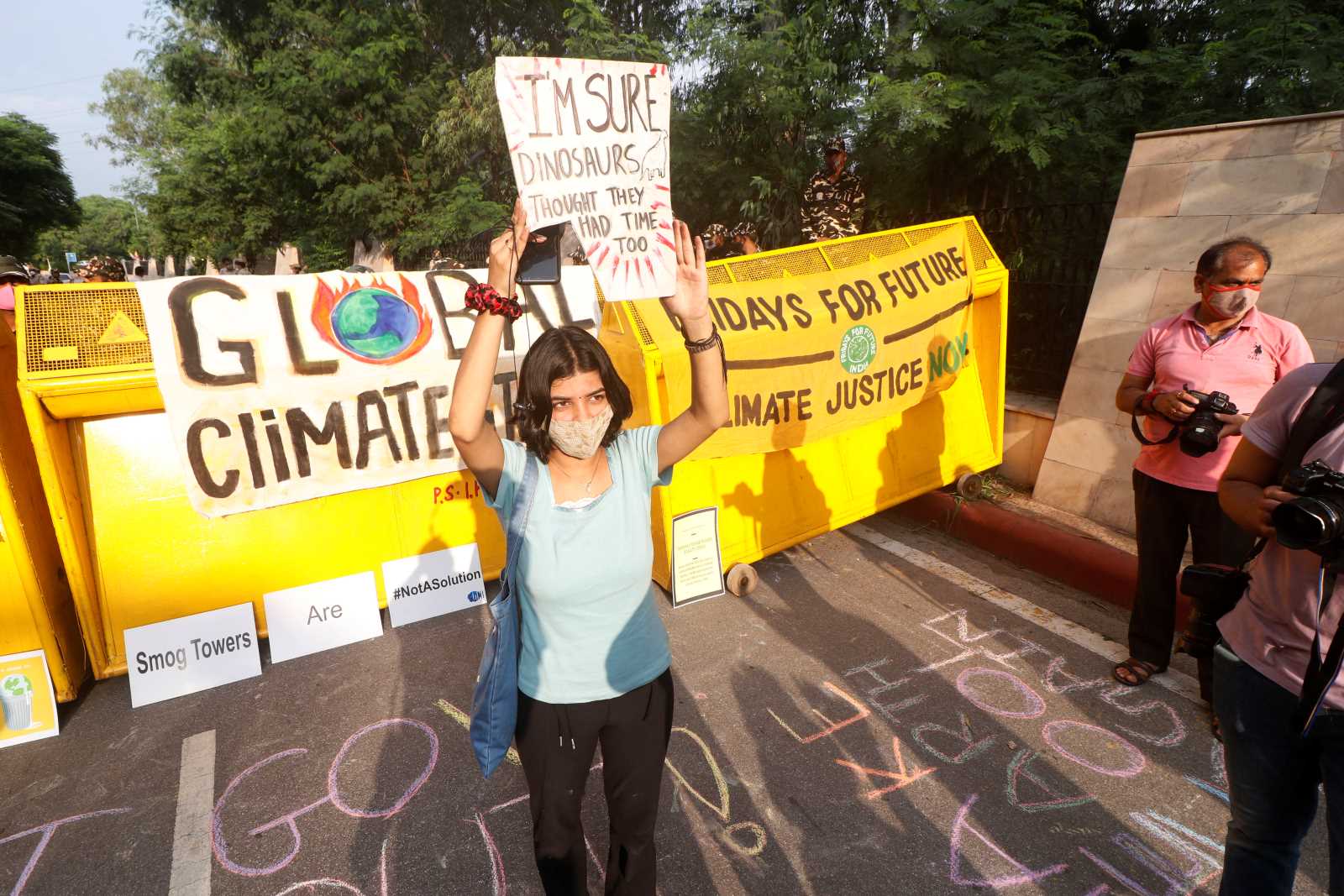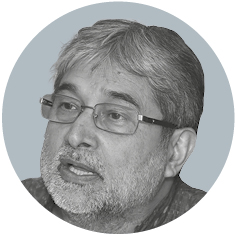Editorial
Worse than a financial crisis

There has been a lot of talk, and basically the same arguments keep being repeated:
- Humankind must make the transition to renewable energy supply, and action needs to be taken fast, because global warming is irreversible and progressing.
- Nation states cannot solve the problems of global warming, so international cooperation is needed.
- There must be some kind of burden sharing, with those who are the most prosperous and have benefited most from fossil fuels shouldering more than those who are poor and have hardly contributed to causing the problem.
- Developing countries, moreover, must escape poverty. To do so, they must build infrastructure and improve energy supply. Low emissions cannot be their main priority, and they deserve support from the better off.
All this is well understood. However, the issue is complex. No party wants to invest more than necessary. All fear that others will try to free ride, benefiting from other parties’ efforts without making efforts of their own. And that fear itself is an incentive to try to free ride.
Climate change is happening faster than expected at the Earth Summit in Rio de Janeiro in 1992. Back then, it was decided to stop the phenomenon, not adapt to it, because the latter approach would be too expensive. But as temperatures rise, adaptation has become inevitable, adding to the costs.
Action is becoming ever more urgent. But what has been done was always less than needed. In the Kyoto Protocol, for instance, the advanced nations promised to reduce emissions. Some met their targets, some did not and some simply decided to leave the protocol. There was no sanction for not delivering.
Now the UN has asked national governments what they pledge to do to tackle the issue. The commitments made so far do not add up to what would keep global warming below two degrees on average. Scientists tell us that exceeding that limit will mean chaotic and uncontrollable impacts.
Unless the next climate summit in Paris results in something far more radical than is on the horizon so far, we will all face the consequences. More super storms and more super droughts. The climate patterns we are used to will dissolve. There will be more heat waves, and more cold spells as well. Rains will fail – or cause unprecedented floods. Harvests will be lost, and important crops will become unviable. Food prices will suddenly shoot up, and no central bank can control that kind of inflation. The world- trade order will collapse as countries safeguard their supplies and impose restrictions on whoever they argue is not a fair climate partner. Competition for resources will intensify, triggering mass migration and violent conflict, both within and between countries.
We know the scenarios. It is depressing to keep repeating the same old arguments. Many policy makers are good at uttering these mantras, but the international community is still not rising to the challenge. When the investment bank Lehman Brothers failed in 2008, the G20 responded immediately and coordinated economic policies to avoid a world depression. Climate change is more dangerous than a financial bubble. It destroys the environmental conditions we depend on. It deserves at least the kind of attention the financial crisis got, but it is not getting it. The price for not acting are known – and there will be no free riding.
Hans Dembowski is editor in chief of D+C Development and Cooperation / E+Z Entwicklung und Zusammenarbeit.
euz.editor@fs-medien.de















